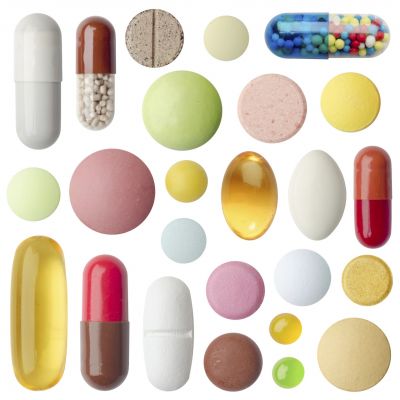A multidisciplinary approach to advancing drug development

A multidisciplinary approach to advancing drug development
By drawing together expertise from across a range of fields, the Eindhoven University of Technology's Institute for Complex Molecular Systems is on the verge of a breakthrough that could have significant implications for the pharmaceutical industry.
Drug development often relies on organic catalysts - tiny molecules
smaller than enzymes that can stimulate reactions - but one longstanding
issue is that these molecules often cannot interact nor function in
water. Addressing these two issues is important as it could help speed
up drug discovery and provide a boost to Europe's important
pharmaceutical sector.
As it stands, the limitations of these organic catalysts mean that
lab work and clinical studies can be slow and inefficient. This is why
the Institute for Complex Molecular Systems in Eindhoven has been
working on trying to mimic the three-dimensional structure of enzymes
and provide a synthetic alternative to organic catalysts.
A key feature of enzymes is that their outside is hydrophilic,
meaning they can be used in water. Synthetic catalysts - with the
properties of enzymes - could therefore help to speed up drug discovery
by being more flexible and amenable to the needs of the pharmaceutical
industry.
A significant number of marketed pharmaceuticals contain active
pharmaceutical ingredients that are manufactured in part using catalysts
as a key enabling technology. Demand for such catalysts is growing due
to significant advances in technologies for enzyme discovery, supply,
and improvement, as well as an increased focus on applications for
chiral drugs and green chemistry.
Furthermore, the pharmaceutical industry is hugely important to the
EU, not just in economic terms but also in terms of high-quality
employment, investment in the science base and the benefits it brings to
public health. In 2007, the manufacture of pharmaceutical preparations
and basic pharmaceutical products was the principal activity of about 4
500 enterprises throughout the EU, while the number of people employed
in the industry was estimated to be around 611 000.
Developing these synthetic catalysts however has not been easy, and
has required all of the University's expertise. Indeed, the Institute
for Complex Molecular Systems was specifically created to enable
researchers from a number of different disciplines to work together. On
this particular project, this has meant polymer chemists working with
the polymer chains, organic chemists developing the catalysts and
polymer physicists and mathematicians providing predictive models.
One of the benefits of working in this way has been the achievement
of a more thorough, rounded understanding of synthetic catalysts, drug
development and the behaviour of enzymes in general. In addition,
researchers have had the opportunity to work with scientists they might
not have had the chance to work with before, and to gain a better
understanding of how other disciplines see the world.
published: 2015-01-23